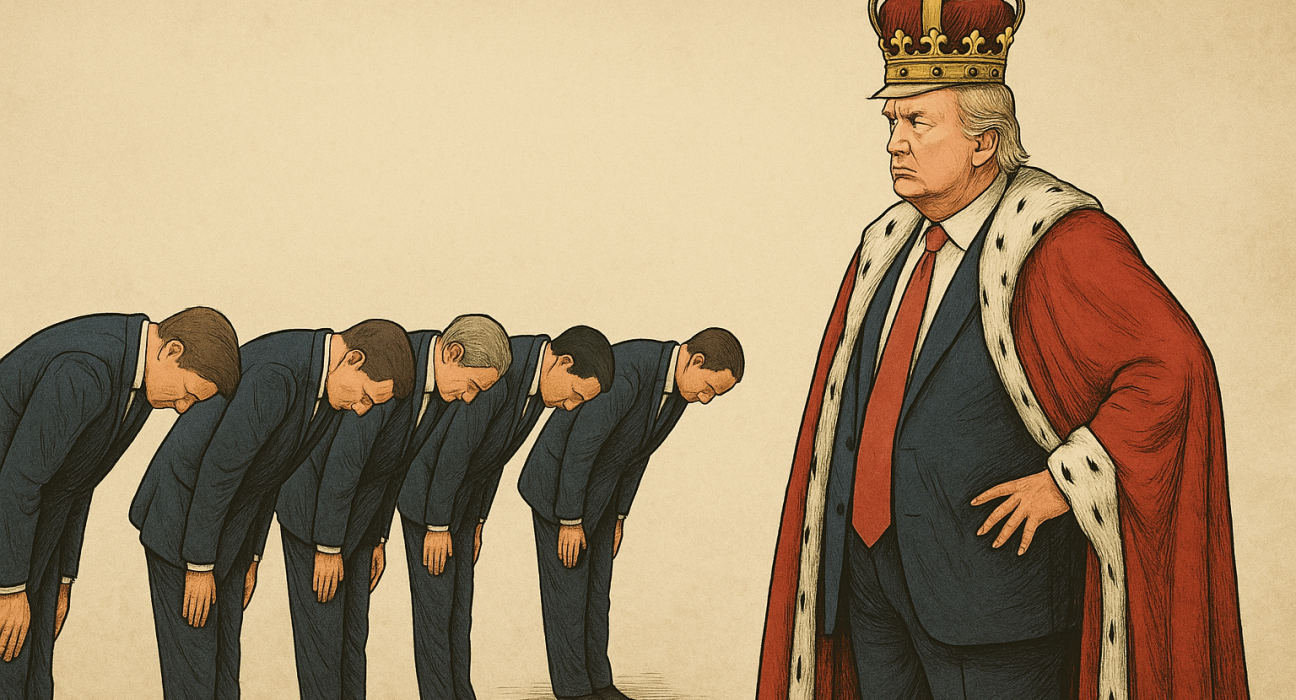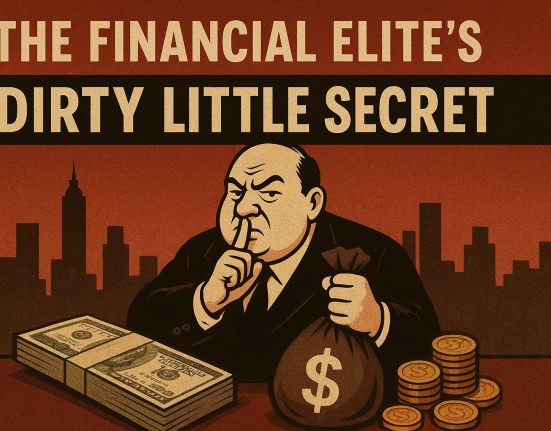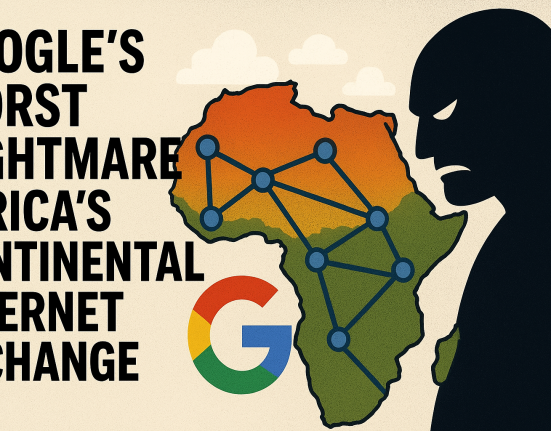On July 1, 2024, the U.S. Supreme Court issued a historic and highly controversial ruling in Trump v. United States, declaring that presidents enjoy absolute immunity from criminal prosecution for acts deemed part of their official duties. This 6–3 decision, led by Chief Justice John Roberts and the conservative majority, marked a profound shift in the balance of power, prompting fierce backlash from legal scholars, historians, and members of the public who now describe the ruling as a “sellout of the Constitution.”
At the heart of the ruling is a legal doctrine that shields presidents from accountability for actions taken within their constitutional authority. Roberts argued that criminal liability for official conduct would undermine the executive branch’s ability to function. However, critics argue this decision places the president above the law, violating the foundational American principle that no person—not even the president—is immune from justice.
In her powerful dissent, Justice Sonia Sotomayor declared, “In every use of official power, the President is now a king above the law.” The dissenting justices warned that the decision opens the door to future abuse, enabling presidents to use their office for personal gain, political retaliation, or even violence, all without legal consequence—so long as it can be labeled “official.”
The public reaction has been visceral. Commentators across major media platforms have described the ruling as the judiciary’s abdication of its constitutional duty, amounting to a betrayal of the very document it was meant to uphold. The phrase “SCOTUS created the first King of America” has emerged not as hyperbole, but as a somber reflection on the implications of this decision. While no royal title has been bestowed, the ruling metaphorically crowns the president with unprecedented impunity.
Many scholars point out the deep irony: the Constitution was written to escape monarchical rule, establishing checks and balances to prevent the rise of a tyrant. With this ruling, critics argue, the Court has sold out those protections. Even monarchs, they note, historically faced legal or political constraints. But under this precedent, a U.S. president may now commit crimes under the guise of official duty—without fear of prosecution.
The decision has also emboldened political actors. In July 2025, the Supreme Court upheld mass firings at the Department of Education carried out by the Trump administration—another move seen as judicial deference to executive overreach. Together, these decisions signal what some are calling the dawn of an imperial presidency, where legal checks give way to political will.
In sum, critics view the immunity ruling as more than a legal misstep—it’s a constitutional inflection point. If left unchallenged, it could fundamentally alter the American system of governance, replacing accountable democracy with an untouchable executive. As the country confronts the long-term consequences, one question looms large: Can a nation remain a democracy if its leader is above the law?








Leave feedback about this
You must be logged in to post a comment.